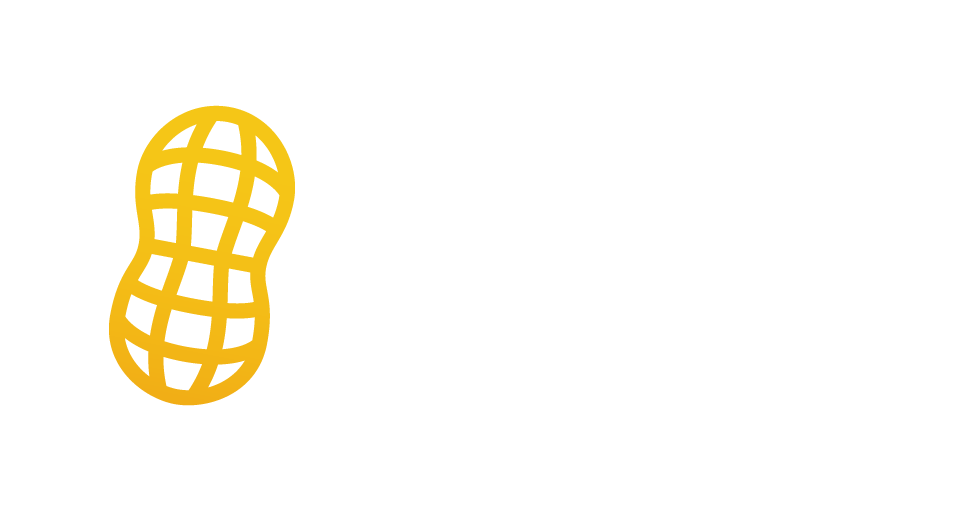At a glance:
- Events organisers can streamline participant registration by offering mobile-friendly platforms to ease sign-up, reduce errors, and provide a seamless experience.
- Offering flexibility with multiple registration options and payment methods encourages more sign-ups.
- Provide clear event details such as agenda, event venue, timings, and ticket types upfront to reduce confusion and avoid follow-up inquiries.
- After sign-ups, send automated emails with confirmations and digital passes or QR codes for faster delegate check-in.
The success of corporate events often begins with smooth and efficient delegate registration. It’s the first physical touchpoint they have with your brand. If done well, it creates a welcoming and professional experience from the moment attendees arrive.
However, managing registrations can be challenging. Common issues such as long queues, missing details and manual mistakes slow down the process and frustrate both attendees and organisers. By streamlining the process, you can tackle these challenges and organise a more efficient event.
In this article, we’ll explore some practical strategies to enhance delegate registration for your corporate events. You’ll learn how opting for user-friendly platforms, integrating different systems, and providing a variety of registration options can help minimise errors and cut down on delays.
Select a User-Friendly Event Registration Platform
The first step to smooth corporate event sign-ups is using an easy online registration platform, such as event apps or microsites. It should work well on mobile, be easy to navigate, and offer secure payment options. This way, delegates can register quickly from any device while knowing their payment details are safe.
In addition, streamlined platforms facilitate faster sign-ups, help prevent errors, and reduce manual work for organisers. As a result, it not only saves time but also simplifies the management of delegate details, allowing your team to focus on other essential event priorities.
Provide Clear Event Information Upfront
Having clear information about the event is crucial for a smooth registration experience. Details such as the event agenda, location, schedule, and ticket options help attendees understand what to expect and plan accordingly.
Also, include FAQs, downloadable event brochures, and keep registration forms simple to address common questions upfront. This way, attendees can easily find the information they need, reducing follow-up inquiries.
Send Instant Confirmation and Digital Tickets
Automated confirmation emails with digital passes or QR codes streamline the registration process. These instant emails provide attendees with quick access to event details and simplify entry with digital ticketing. This also reduces no-shows by keeping attendees engaged and informed.
Likewise, this approach reduces on-site errors, speeds up check-in, and gives delegates peace of mind knowing their registration is confirmed. Personalising the confirmation emails, such as adding a thank-you note or event highlights, can improve engagement and make delegates feel valued.
Offer Multiple Registration Options
Offering multiple registration options makes the process more accessible and convenient. The registration methods could include online forms, mobile app sign-ups, on-site registration, and even phone or email registrations to accommodate different preferences. In addition, providing individual, group, and corporate registration options encourages higher sign-ups and participation.
You also need to offer various payment methods such as online payments, credit cards, bank transfers, or offline options. With that, attendees can choose the method that best suits them, resulting in increased convenience and lower drop-off rates during registration.
Record Accurate Delegate Data
Collecting accurate details, such as attendee names, companies, roles, and any special requirements, ensures smooth event logistics and facilitates better communication before, during, and after the event.
The data also allows organisers to deliver personalised experiences, from custom seating arrangements to catering to dietary preferences. Moreover, it helps forecast resource needs more accurately, such as session materials, staffing, transport, and accessibility requirements.
Early planning and allocation of these resources reduces last-minute complications and ensures every delegate feels considered and supported.
Ensure Data Security and Compliance
In Australia, the Australian Privacy Principles (APPs) set strict standards for how organisations collect, use, and disclose personal information. Adhering to these regulations protects delegates’ data and ensures it is handled responsibly.
To make sure you comply with the regulation, implement encrypted systems and limit access to sensitive data for data security. Regularly update your registration platforms to patch security vulnerabilities, and use secure payment gateways for any ticketing. Always obtain clear consent from delegates when collecting their information, and regularly review your systems for compliance with privacy laws.
When delegates are assured that their information is protected, they’re much more likely to register without any second thoughts. Practices like secure event data collection and responsible disposal of personal information not only strengthen your event’s credibility but also highlight its reputation.
Also read: How to Personalise the Delegate Experience in Corporate Events
Implement Efficient Onsite Check-In
Tools like QR code scanning, self-service kiosks, and pre-printed badges speed up the check-in process and reduce wait times. This frees up event staff so they can focus on troubleshooting and providing personalised support where needed.
For virtual or hybrid events, integrating digital check-ins with your registration platform ensures accurate attendee tracking. These systems provide real-time data on arrivals, late check-ins, and no-shows. Organisers can use the data to make quick adjustments and keep the event on schedule.
Integrate Systems and Leverage Reporting Tools
Integrating your event registration system with tools like CRM, email campaigns, and event apps streamlines the entire registration process. It automatically updates attendee records across systems, reduces repetitive data entry, and minimises errors.
With a robust system in place, organisers can view real-time updates on sign-ups, cancellations, and attendance. Beyond this, integration enables automated reminders and follow-ups, personalised communications, and centralised data management.
Furthermore, reporting tools provide insights into attendance patterns and performance metrics, enabling organisers to refine strategies for future corporate events.
Streamlining registration is essential for a smooth corporate event experience. Using easy online platforms, sharing clear event details early, and confirming registrations quickly make the process stress-free. In addition, complying with regulations helps safeguard delegates’ data, resulting in smooth registration and increased trust.
With the right tools and approaches, you can enhance delegate satisfaction, reduce manual errors, and speed up event check-ins. These strategies ensure a streamlined registration process and also set the stage for a successful and memorable event.
Partner with Peanut Productions, an experienced event management company, to streamline your delegate registration process and ensure stress-free corporate events. Contact us today to explore how we can help you enhance your next event!
FAQs
What are the most common challenges in managing delegates for corporate events?
The major challenges in managing delegates for corporate events include long queues, incomplete data, last-minute changes, communication issues, data security concerns, and handling large volumes of attendees efficiently.
How to manage last-minute delegate changes smoothly?
To manage last-minute delegate changes smoothly, ensure your registration system allows easy updates to track and reflect the changes. In addition, communicate changes promptly to all parties and utilise real-time data tracking to stay informed about any changes.
What strategies ensure a smooth onsite check-in process for corporate events?
To ensure a smooth onsite check-in process, use QR codes for fast scanning, implement self-service kiosks, train staff to facilitate check-in, and maintain real-time updates for any last-minute changes.


